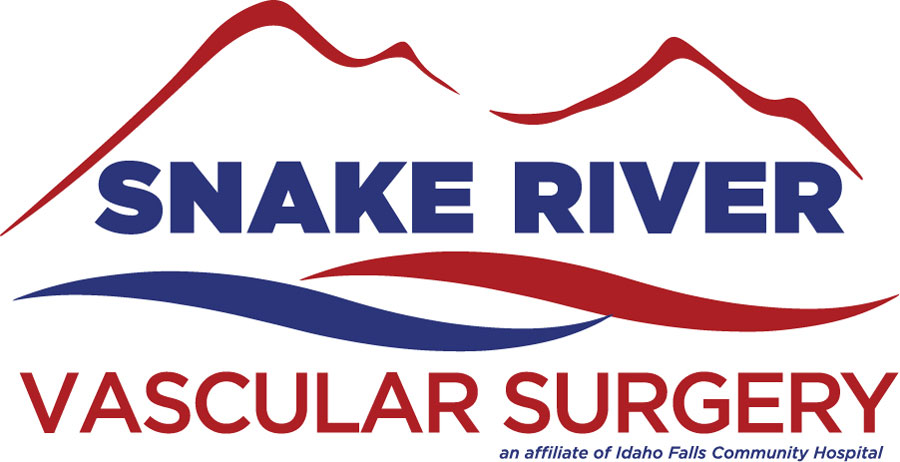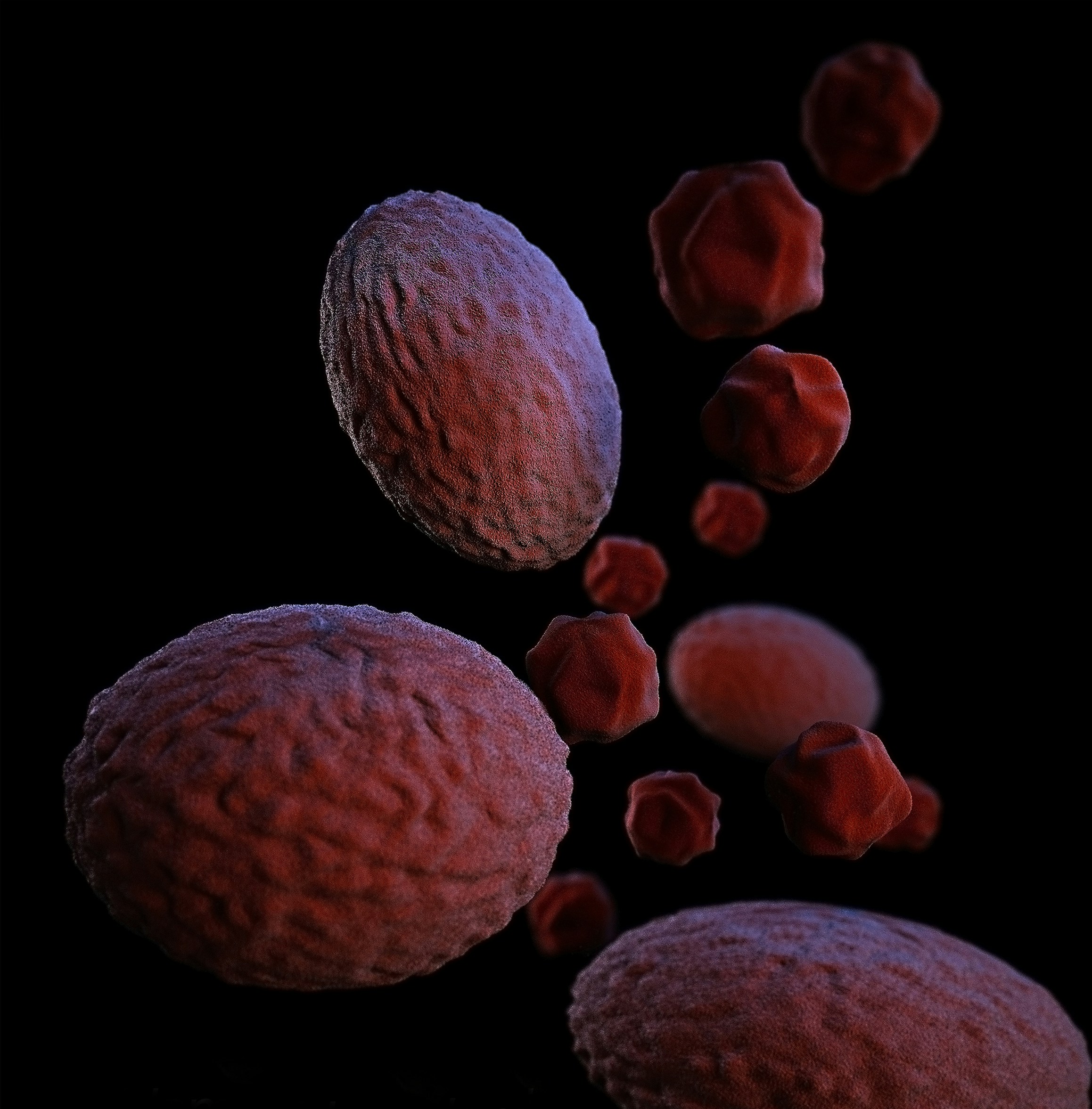Signs You Should See a Doctor for a Vascular Disease
Being able to recognize the signs of a vascular disease can help your health tremendously. It can prevent your disorder from getting too severe and help doctors catch and treat it early. It can also help you be more prepared to know which doctor would be the most beneficial for you to see. Being able to catch something before it worsens can take off years of recovery and health issues. Knowing what a vascular disease is and the early signs of it can help you know when it’s time to see a vascular health doctor. At Snake River Vascular, we specialize in diagnosing and treating these disorders to lead you back to a healthy life.
What is a Vascular Disease?
A vascular disease occurs when there is an abnormality in the blood vessels. Any condition that is the result of improper functioning of the circulatory system is a vascular disease or disorder. It can range from mild to severe problems, where some may not really affect your daily life where others are debilitating and need urgent attention.
Signs of a Vascular Disease
There are different signs and symptoms to lookout for that may indicate you are developing a vascular disease. There are many different vascular diseases, but here are the main ones and the signs of each of them.
Carotid Artery Disease: This occurs when there is plaque buildup in the artery carrying blood and oxygen from the heart to the brain
Signs/symptoms:
- Headaches
- Heart palpitations
- Vision problems
Venous Disease: This occurs when there is too much pressure in the valves and they become blocked/can’t perform their normal functions. This usually happens in the legs, causing swelling in the veins, or varicose veins.
Signs/symptoms:
- Leg pain
- Heaviness
- Swelling of the legs
- Discoloration
- Cramping
Atherosclerosis: This is the general term for plaque buildup in the arteries
Signs/symptoms
- Shortness of breath
- Chest pain
Aortic Aneurysms: This occurs when the walls of the aorta begin to swell, which is the main artery that carries blood from your heart to the rest of your body. If it becomes larger than 5 cm, there is a chance it could rupture, which is very life threatening.
Signs/symptoms:
- Abdominal pain
- Nausea
- Neck swelling
Conclusion
If you notice you are developing some or all of the signs under a certain disease, it might be time to see a vascular doctor to make sure you are healthy or be able to treat the disease if needed. If any of these things are putting a damper on your everyday life and making simple tasks difficult, see a doctor immediately.
If you have been to your primary care doctor and have not been able to treat your condition, you may need to visit a vascular specialist to get you back on the road to a healthy life. Sometimes, surgery is required for treatment, and if it’s for any of the disorders previously mentioned, it should be performed at a clinic specializing in vascular care.

